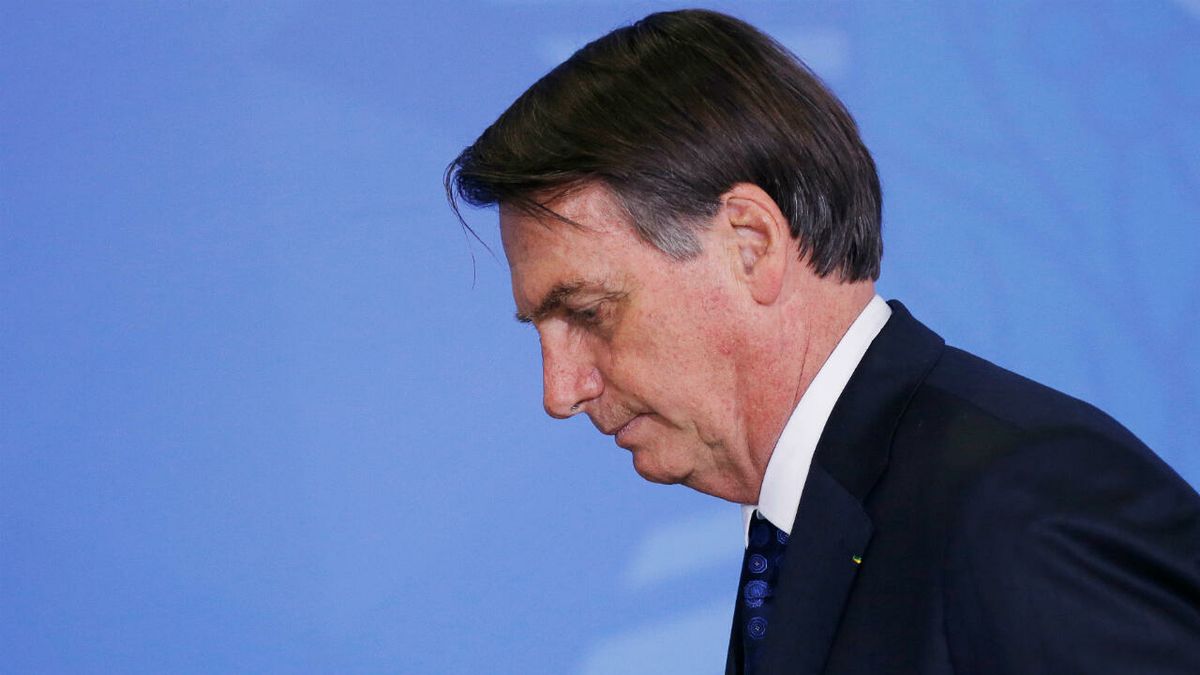The Central Bank led by Roberto Campos Neto, recently assured that it will have a more aggressive policy to combat inflation by raising the rate by 725 basis points since March while the economy remains in recession. Prices were buoyed by problems in global supply chains, extreme weather conditions and higher demand for commodities such as soybeans and iron ore. Annual inflation reached 10.74% in November, the fastest pace since 2003.
The objective for the Central Bank will be that the increase in consumer prices is 3.5% for this year and 3.25% for 2023. Last month, the central bank raised the Selic rate to 9.25% and indicated a 150 basis point hike expected in early February.
Yesterday, the new IMF Global Economic Outlook report was released, projecting that growth in Brazil will be just 0.3%, 1.2% less than calculated in October. The Fund stated that the reduction in forecasts is due to the fact that “because the fight against inflation has provoked a strong monetary response, which will weigh on domestic demand”.
Argentina’s main trading partner could face a worsening of its economic problems. Higher borrowing costs and an uncertain political environment due to the elections could prevent depressed valuations of the Brazilian stock market from rising.
En 2021, the Ibovespa became the second equity reference index.
Source From: Ambito
David William is a talented author who has made a name for himself in the world of writing. He is a professional author who writes on a wide range of topics, from general interest to opinion news. David is currently working as a writer at 24 hours worlds where he brings his unique perspective and in-depth research to his articles, making them both informative and engaging.




